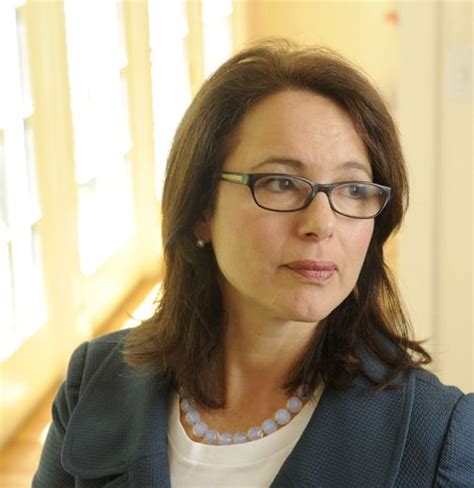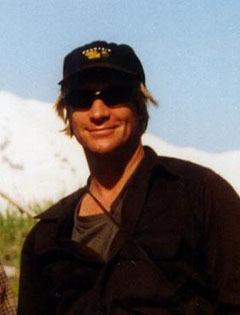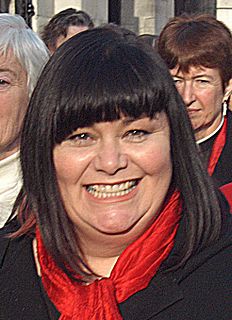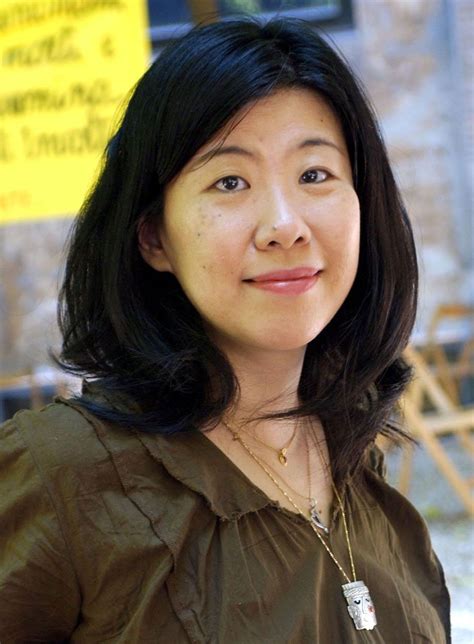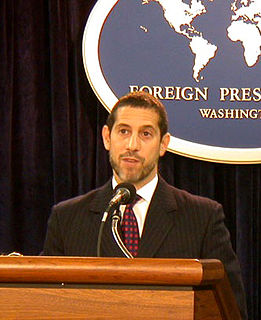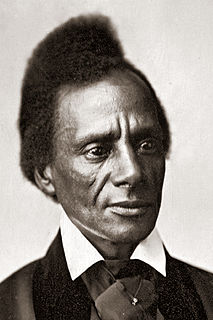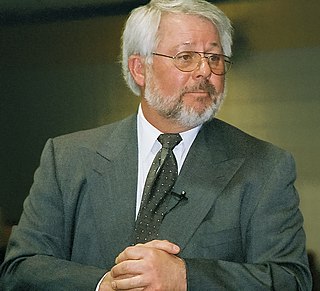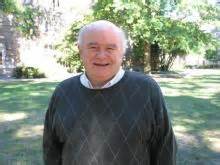A Quote by Jessica Stern
Some people's lives seem to flow in a narrative; mine had many stops and starts. That's what trauma does. It interrupts the plot. You can't process it because it doesn't fit with what came before or what comes afterwards.
Related Quotes
Some people's lives seem to flow in a narrative; mine had many stops and starts. That's what trauma does. It interrupts the plot. You can't process it because it doesn't fit with what came before or what comes afterward. A friend of mine, a soldier, put it this way. In most of our lives, most of the time, you have a sense of what is to come. There is a steady narrative, a feeling of "lights, camera, action" when big events are imminent. But trauma isn't like that. It just happens, and then life goes on. No one prepares you for it.
Once I start work on a project, I don’t stop and I don’t slow down unless I absolutely have to. If I don’t write every day, the characters begin to stale off in my mind – they begin to seem like characters instead of real people. The tale’s narrative cutting edge starts to rust and I begin to lose my hold on the story’s plot and pace. Worst of all, the excitement of spinning something new begins to fade. The work starts to feel like work, and for most writers that is the smooch of death.
I have a process that I seem to always, to some degree, as a writer, adhere to, but I certainly have never imposed the way I write a novel on my students. When I had students, I never said, "You should never start writing a novel until you have the last sentence." I never did that, and I wouldn't do it now, but people now seem so interested in the process [of writing fiction] that I have to constantly make it clear when I describe mine that I'm not being prescriptive. I'm not proselytizing.
Fiction writers come up with some interesting metaphors when speaking of plot. Some say the plot is the highway and the characters are the automobiles. Others talk about stories that are "plot-driven," as if the plot were neither the highway nor the automobile, but the chauffeur. Others seem to have plot phobia and say they never plot. Still others turn up their noses at the very notion, as if there's something artificial, fraudulent, contrived.
When people look back at their childhood or youth, their wistfulness comes from the memory, not of what their lives had been in those years, but of what life had then promised to be. The expectation of some indefinable splendor, of the unusual, the exciting, the great is an attribute of youth and the process of aging is the process of that expectations' gradual extinction. One does not have to let it happen. But that fire dies for lack of fuel, under the gray weight of disappointments.
You have to let kids live their own lives and make their mistakes, but it is difficult now because there are so many things in their lives which weren't in mine - I never had Facebook. And some of the things I see now I'm appalled by. So I'm as nosey about my daughter's life as I can be. I tell her, 'I'm all over you, whether you like it or not.'
Technology can be our best friend, and technology can also be the biggest party pooper of our lives. It interrupts our own story, interrupts our ability to have a thought or a daydream, to imagine something wonderful, because we're too busy bridging the walk from the cafeteria back to the office on the cell phone.
Hitoshi: I'll never be able to be here again. As the minutes slide by, I move on. The flow of time is something I cannot stop. I haven't a choice. I go. One caravan has stopped, another starts up. There are people I've yet to meet, others I'll never see again. People who are gone before you know it, people who are just passing through. Even as we exchange hellos, they seem to grow transparent. I must keep living with the flowing river before my eyes. I earnestly pray that a trace of my girl-child self will always be with you. For waving good-bye, I thank you.
The main challenge that television presents is that I have a tendency to say things with a great deal of precision and accuracy. Often a description of that sort, which will work in a book because people can read it slowly - they can turn the pages back and so on - doesn't really work on TV because it interrupts the flow of the moving image.
Living "in" a story, being part of a narrative, is much more satisfying than living without one. I don't always know what narrative it is, because I'm living my life and not always reflecting on it, but as I edit these pages I am aware that I have an urge to see my sometimes random wandering as having a plot, a purpose guided by some underlying story.
